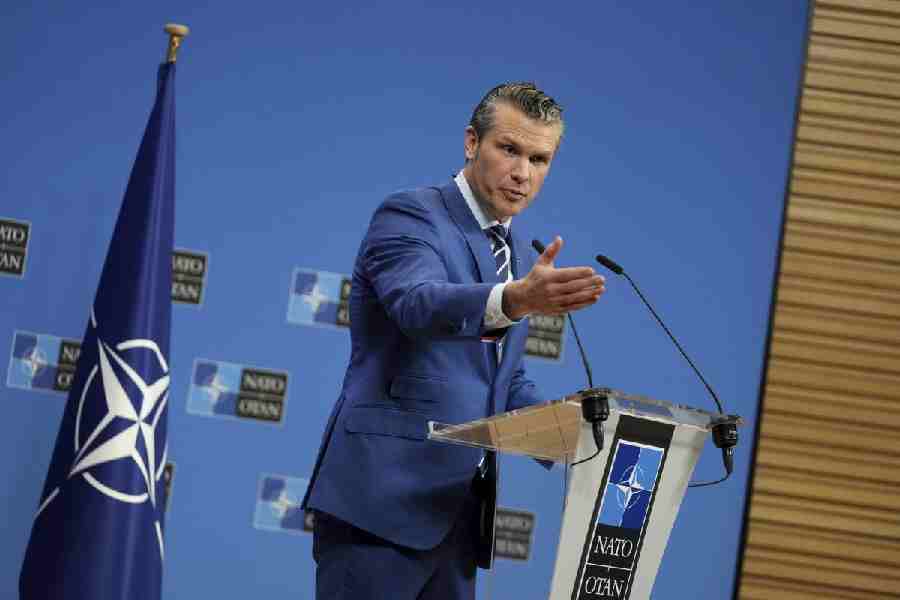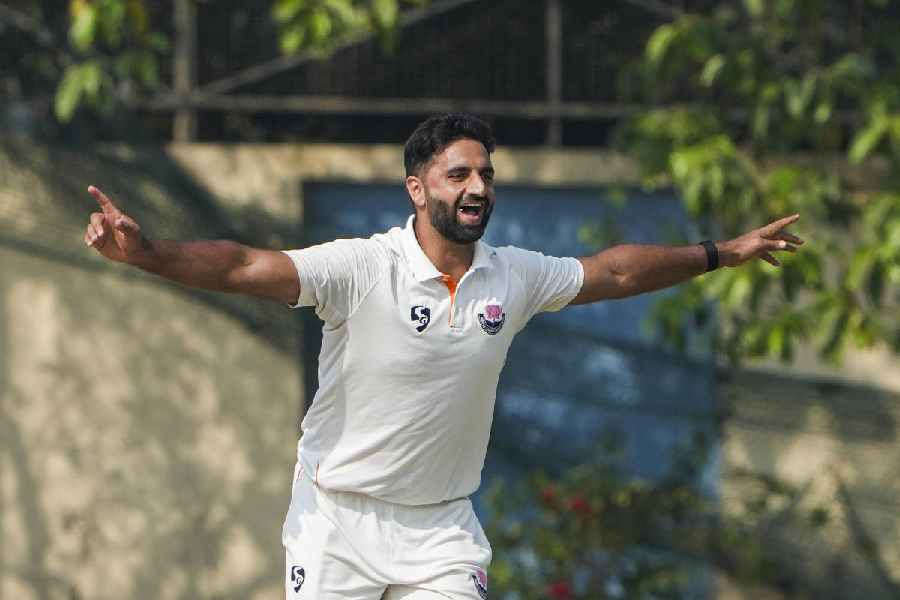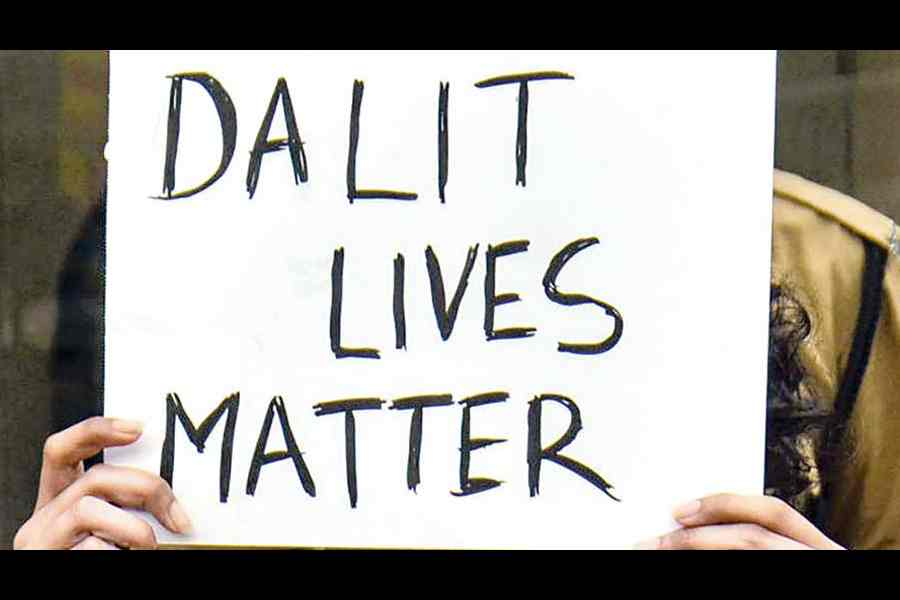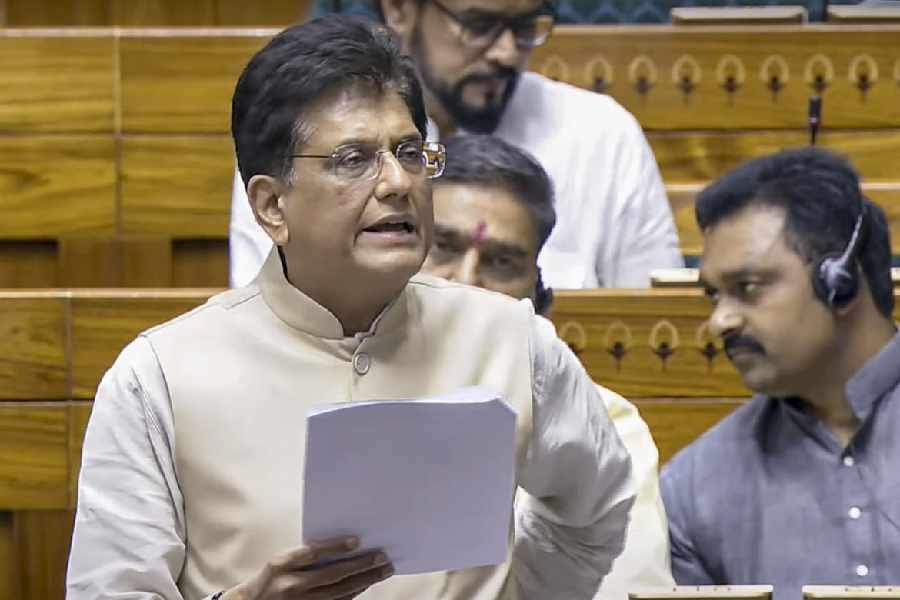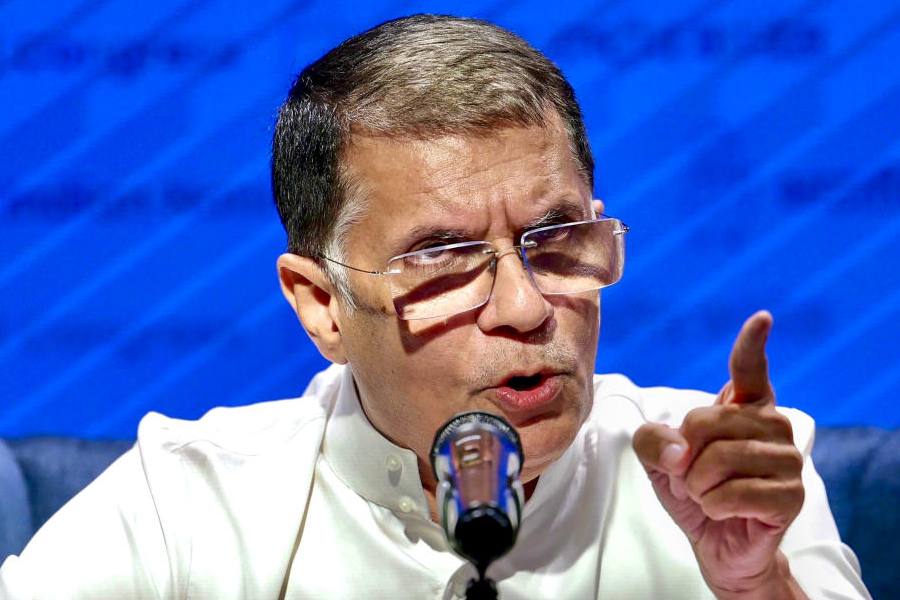Defense Secretary Pete Hegseth has ordered U.S. Cyber Command to halt offensive operations against Russia, according to a current official and two former officials briefed on the secret instructions. The move is apparently part of a broader effort to draw President Vladimir Putin of Russia into talks on Ukraine and a new relationship with the United States.
Hegseth’s instructions, part of a larger reevaluation of all operations against Russia, have not been publicly explained. But they were issued before President Donald Trump’s public blowup in the Oval Office with Ukrainian President Volodymyr Zelenskyy on Friday.
The precise scope and duration of the Defense Department order is not clear, as the line between offensive and defensive cyberoperations is often a blurry one.
Still, retaining access to major Russian networks for espionage purposes is crucial to understanding Putin’s intentions as he enters negotiations, and to tracking the arguments within Russia about what conditions to insist upon and what could be given up.
Former officials said it was common for civilian leaders to order pauses in military operations during sensitive diplomatic negotiations, to avoid derailing them. Still, for Trump and Hegseth, the retreat from offensive cyberoperations against Russian targets represents a huge gamble.
It essentially counts on Putin to reciprocate by letting up on what many call the “shadow war” underway against the United States and its traditional allies in Europe.
Over the past year, ransomware attacks on U.S. hospitals, infrastructure and cities have ramped up, many emanating from Russia in what intelligence officials have said are largely criminal acts that have been sanctioned, or ignored, by Russian intelligence agencies.
Secretary of State Marco Rubio on Sunday described the urgency of getting Russia to the negotiating table over Ukraine, even while acknowledging that it was unclear whether Putin was ready to make a deal.
He was not asked about the decision to stop the offensive cyberoperations, but he grew defensive when pressed on why the United States was letting up on pressure on Moscow.
“You cannot end a war unless both sides come to the table, starting with the Russians, and that is the point the president has made. And we have to do whatever we can to try to bring them to the table to see if it’s even possible,” Rubio said.
The New York Times Services

